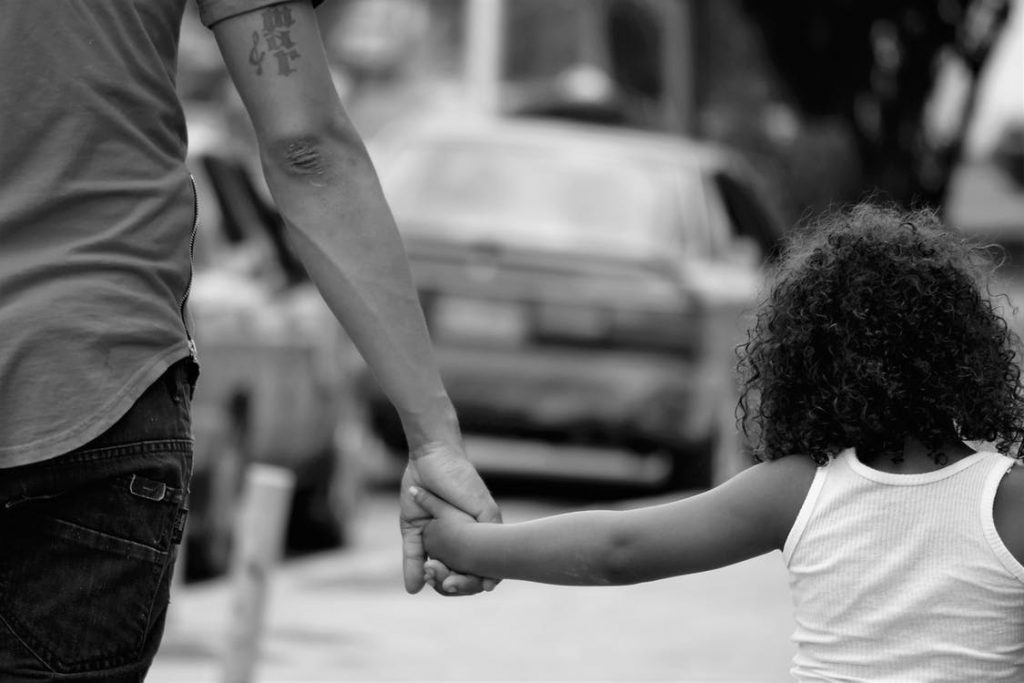Throughout the UK, more than 3.7 million people have been diagnosed with diabetes, with more than 100,000 children diagnosed each year. Diabetes among young children can be either Type 1 or Type 2, with the former less prevalent, impacting an estimated 10% of all cases. However, regardless of the type of diabetes, children who are diagnosed can face challenges that are hard to overcome without the right parental and family support.
Among children with diabetes, the initial diagnosis may create both emotional and physical stress. Fortunately, parents who have an understanding of the common health condition, its warning signs, and treatment options are best equipped to manage the well-being of their child in the short- and long-term.

Understanding Juvenile Diabetes
Diabetes can occur at any age, either as type 1 or type 2. For children with type 1, the body does not produce any insulin, making it difficult to manage blood glucose levels without some form of treatment. With type 2 diabetes, the body is able to produce insulin but not enough to work the way it is intended. The cells are incapable of reacting to insulin in some children with type 2 diabetes, leading to similar issues as those with type 1. In either case, diabetes can have a long-term impact on the body’s ability to function properly, particularly in children.
The causes of type 1 and type 2 diabetes are not the same which can make the condition in children difficult to diagnose. Type 1 is an autoimmune condition that often runs in the family, but there is no known cause for why it is triggered as a child develops. For children with type 2 diabetes, lifestyle habits are often the culprit. Individuals who have either type show common warning signs, however, or which parents should be aware.
Warning Signs of the Condition
Although the reason behind diabetes is not well-known for some children, parents can quickly spot the following warning signs to ensure their child is on the path to diagnosis and treatment:
- Feeling thirsty consistently
- Toileting more than usual
- Feeling exhausted
- Loss of weight or appetite
- Blurred vision
Any combination of these symptoms can occur quickly in children, and they should prompt a visit with their doctor.
Getting the Right Diagnosis
Supporting children with diabetes begins with getting the right diagnosis. A law firm specialized in medical negligence claims, children may not be able to help with the diagnosis process because they cannot adequately share the symptoms they experience over time. Additionally, some warning signs strongly resemble other, less serious conditions, including a urinary tract infection, a viral infection, or simple fatigue. Parents who are aware of the potential for diabetes as the underlying cause of symptoms have a better chance of getting an accurate diagnosis early on. When that takes place, treatment can be recommended which will greatly improve the child’s quality of life.
Emotional Concerns
One of the biggest challenges among parents of children with diabetes is the emotional strain that comes with an initial diagnosis. It is common for the child to feel overwhelmed and like their life has changed permanently. They may have a sense that they cannot continue to enjoy the activities they are used to, like playing with friends or playing sports. There may also be feelings of shame or guilt surrounding a diagnosis, all of which can play a role in diminishing the child’s willingness to be a champion of their own ongoing treatment.
Fortunately, parents can follow some simple steps to help support a child with a recent diagnosis, making life feel easier and more like the norm they are used to.
Tips for Parents
The best course of action in supporting a child with either type 1 or type 2 diabetes is giving them the space they need to process the diagnosis. It is equally important to be a strong listener and allow them to speak their mind about concerns, fears, or confusion about the condition. Parents are a child’s greatest source of strength when it comes to understanding and coping with a diagnosis like diabetes. Also, parents can work together with their children to educate themselves about the disease and how treatment helps over time. Adding in some fun to the process is often beneficial, as it makes a diagnosis less daunting for a young or teenage child.
It’s necessary for parents also to get the support they need after a diagnosis. Being strong for a child is only possible when self-care is at the forefront of the process. Fortunately, there are countless support groups for parents and children, both online and in-person, that offer encouragement and a safe place to talk about pitfalls and successes over time. Connecting with these groups locally or remotely, alongside understanding the condition, its warning signs, and diagnosis process can truly benefit both the child and the parent when a diabetes diagnosis takes place.
About The Author:
Jose Calvo is a health editor with a degree in Journalism and Social Communications, currently writing for several UK publications such as the Talk Health Partnership and Socialist Health. He works for a digital agency in Leeds called 90 Digital, helping health charities to raise awareness on campaigns about misunderstood or commonly misdiagnosed conditions. Find him on Twitter at @morienus




